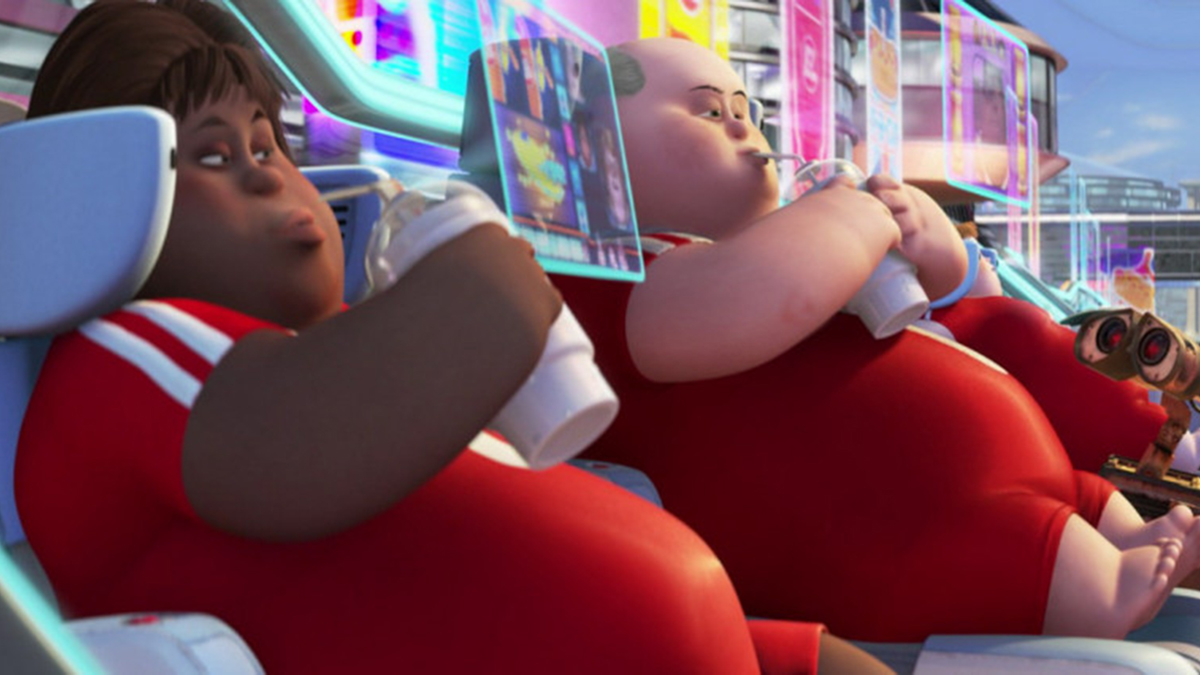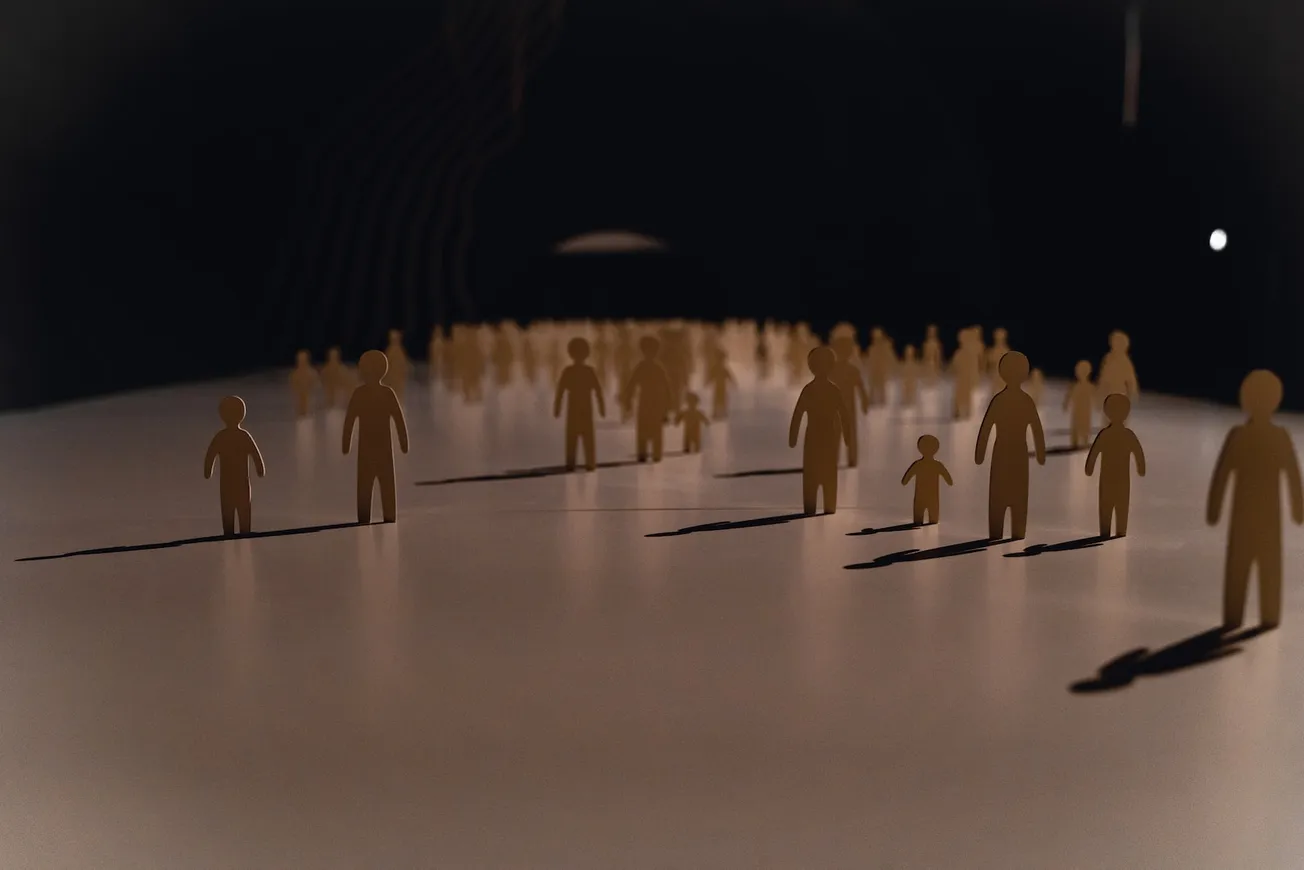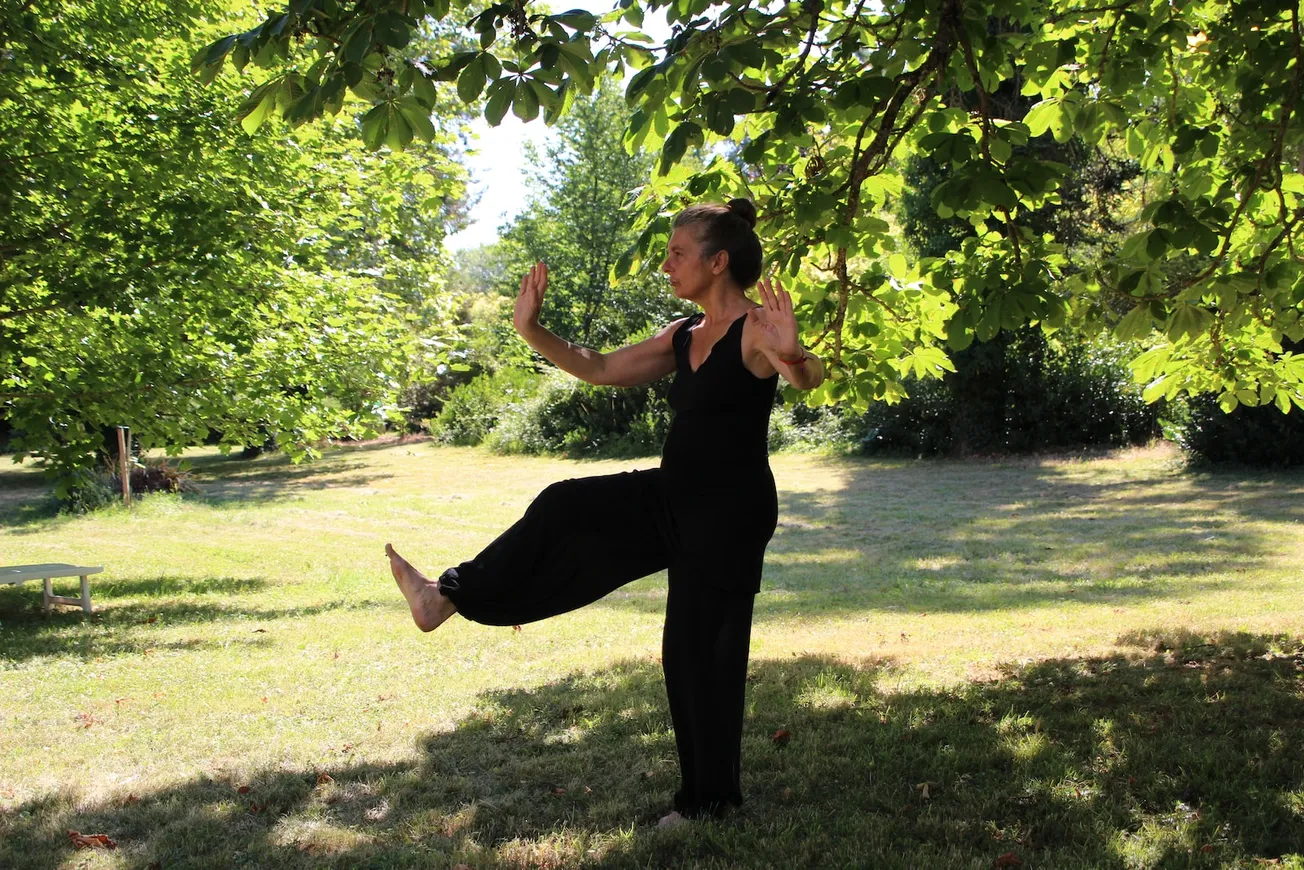Table of Contents
Freedom of Choice is what you got. Freedom from Choice is what you want.
Devo
From the beginnings of the Industrial Revolution, humans have fretted that the machines of our own inventions would also spell our extinction. First, weaving mills were going to make workers redundant. Then robots were going to rise up against us. In the computer age, that age-old Luddism has taken the form of paranoia about “AI”. (So-called, because, despite hyped-up claims, what we are talking about is not genuine Artificial Intelligence.)
Fears about AI are nothing new. In 1969’s 2001: A Space Odyssey, HAL-9000 was seen as the villainous computerised murderer. As author Arthur C Clarke explained, HAL was not in fact a computerised bad seed: it was the fault of contradictory orders in its programming. Clarke never seems to have noticed that this explanation contradicted his other claim, that HAL was genuinely intelligent.
Likewise, Isaac Asimov’s robots never acted maliciously (as woefully wrongly depicted in the 2004 film adaptation of his I, Robot) – the fault was always human.
So, while our machines are not going to “rise” against us, what we’re programming them to do for us may indeed spell the end of our humanity.
The ability to choose well is arguably the most powerful right in today’s world. Wars have occurred and millions of lives have been lost for the freedom that has ultimately given the power to each one of us to choose.
We’re currently surrendering our freedom to choose, without a shot being fired.
Imagine lying on your couch, casually browsing Netflix. It’s Friday night; the popcorn is in the microwave popping and you’re deciding what to watch before turning in for the night[…]
Based on titles you’ve recently viewed or clicked on, Netflix uses artificial intelligence (AI) to create a customized viewing experience catered specifically to your personal preferences. The titles you’re suggested and even the images with which you’re presented within those titles all reflect your past viewing and browsing behaviors.
Even when scrolling through your social media newsfeed, you will inevitably find content that is tailored to your occupation, your political affiliation, your geographic location, your hobbies, your search history and even your conversations with others.
As Steven Crowder argued, social media algorithms are largely to blame for the hyper-polarisation of politics. More and more, people are shouting into echo-chambers and not even being given the chance to hear a counter-argument. AI-based stripping-away of choice is reaching into everything. Certainly, it’s convenient – but is the convenience worth the price?
However, the incredible ease masks the long-term negative effects to which such a high degree of customization can contribute.
According to a Pew Report, a panel of 979 experts (technology pioneers, innovators, policy leaders, researchers and activists) predicted that AI-based algorithms will thwart human autonomy and agency. Marina Gorbis, executive director of the Institute for the Future, said, “Every time we program our environments, we end up programming ourselves and our interactions. Humans have to become more standardized, removing serendipity and ambiguity from our interactions. And this ambiguity and complexity is what is the essence of being human.”
As Crowder showed, algorithm-based social media feeds lock people into ever-smaller echo-chambers. People cannot understand what they don’t even know about. Try, for instance, presenting a Trump-hater with the lengthy list of President Trump’s achievements in office. You can be certain that they won’t have even heard about most of them.
How we interpret the world is determined by what we see on a regular basis, and that, in turn, influences the world around us. Being shown content that is similar to what we’ve enjoyed in the past almost guarantees that we will continue to engage with the same messages over and over again. It does not give us a chance to challenge our ways of thinking by exposing ourselves to content with which we might not agree.
In the case of news stories, for example, being presented with opposing points of view is necessary in order to have a comprehensive understanding of an issue and be able to develop fully informed opinions. Only through engaging with different viewpoints and having conversations about them can we actually solve issues.
To be able to truly choose, we must evaluate all available options and select the best one; this is one of the basic tenets of being human[…]
If we are constantly staying in the same place, we cease to grow, and when we cease to grow, we cease to live.
Forbes
The real danger of an “AI”-driven world is not that we will be exterminated by Terminators, or turned into living batteries by the Matrix.
Instead, we are in grave danger of being turned into a Wall-E race of flabby, insular, baby-like couch potatoes.
Some people apparently see no problem with that. But there’s a reason we cheered Neo for wanting to get out of the Matrix and booed Cypher for wanting to get back in and live a life of artificially-generated ease.

Please share this article so that others can discover The BFD









